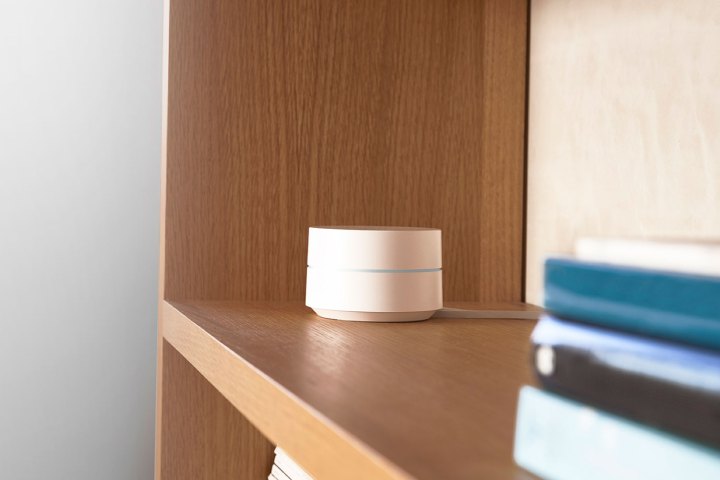
It’s unknown precisely how many devices were affected, but it appears to be the result of an internal issue at Google, not some kind of malicious attack. According to Tech Hive, if you were logged out of your device last night, your data is secure, but you might have to set up the device all over again.
We know some of you had issues signing in today. Please try again now. Rest easy — your account's security was not affected.
— Google (@Google) February 24, 2017
The Google Wifi mesh network routers, and the last-gen Google OnHub routers were the most profoundly affected by the outage. Instead of just being logged out, the Google routers were reset to factory defaults. If your router was affected, you’ll have to set up your network all over again.
“We experienced an issue with our Google Accounts engine that may have affected your Google Wifi or OnHub device. This causes some devices to automatically reset to the initial state you bought them in,” reads the Google help page dedicated to the issue.
Google’s Accounts Engine, the beating heart of your Google experience, appears to have been the culprit. While it’s certainly convenient to login to so many devices and services with the same account, last night’s outage illustrates one of the dangers posed by convenience. When one account goes down, all the services and devices reliant upon it will follow suit — like dominoes.
Luckily, last night’s outage was over quickly, and doesn’t appear to have been too widespread. Being logged out and having a few devices reset to factory settings is inconvenient, but not dangerous.
Still, while you’re rebuilding your home network, and logging into your Google accounts again, now would be a good time to make sure you have two-factor authentication enabled, and change your passwords just for good measure.

